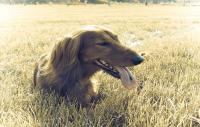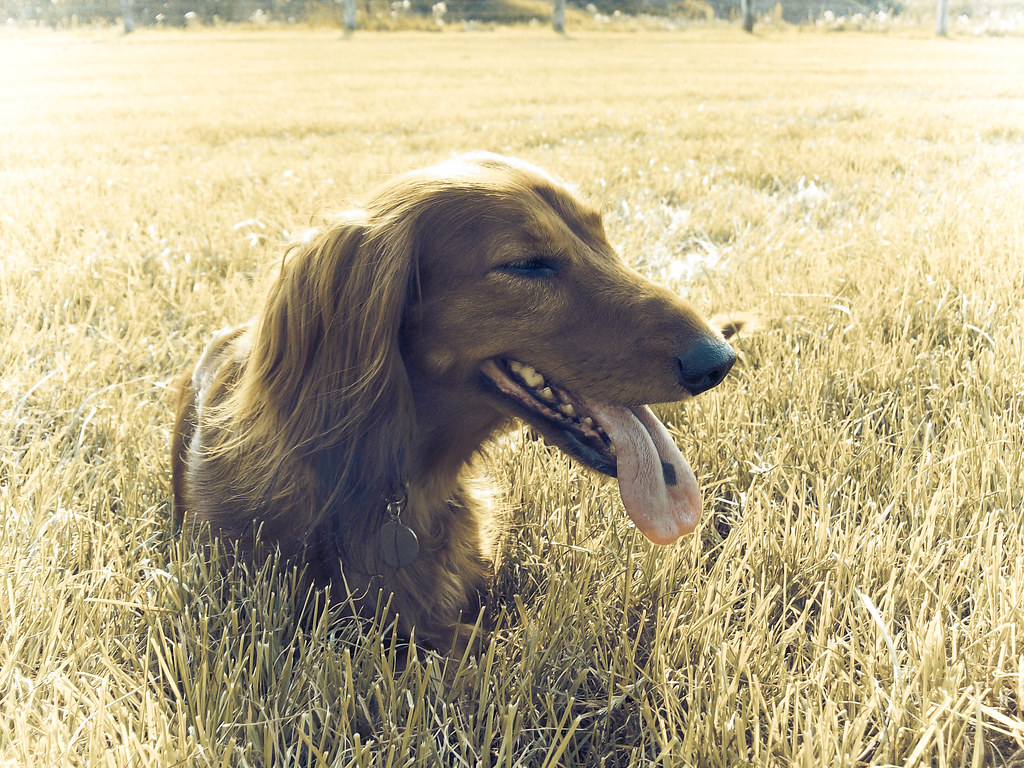Just when you thought it was safe to walk your dog a new study from Ghent University in Belgium reveals otherwise. It seems the urination and defecation of dogs in the wild has a significantly negative impact on plant biodiversity.
To investigate, Pieter De Frenne and his colleagues monitored a number of dogs at four sites in nature reserves less than 5 kilometers from the center of Ghent between February 2020 and June 2021. They included forests, grassland and a meadow that were both popular for recreation and considered important for biodiversity. What they were after was discovering just how much nitrogen and prosperous was being implanted into the soil by the monitored 1,629 dogs. These chemicals are natural fertilizers and present in the feces of all dogs as well as humans.
The results were striking! After normalizing it seems dogs bring 5 kilograms of phosphorus per hectare per year and 11 kilograms of nitrogen per hectare per year into suburban nature reserves.
These figures are significant, says De Frenne. Too much phosphorus or nitrogen – common components of fertilizers – in the soil can lead to loss of plant biodiversity and habitat degradation.
“Dogs bring substantial amounts of nutrients to nature reserves and woodlands that should not be neglected,” says De Frenne. “Dog owners should be aware that their dog is behaving as a fertilizer and pick up their feces more.”
More amazingly the study concluded that if dog owners just picked up their dog's offerings this would reduce nitrogen in nature by 57% and phosphorous by 97%. Not to mention how much cleaner a park or nature reserve will be with a little bit of help. It's easy to talk all day about how ecologically aware one is, however this one step would go a long way towards bringing back our plant biodiversity.




